Well, here’s the thing–Friday was my birthday, and we are a family that does birthdays over an entire weekend. My folks came in, and my kiddo comes today, so I did a whole lot of play this weekend and not much in the way of work. Not really even much in the way of reading. But last night as I started to think about what this week brings (travel, projects, some house stuff, and then Pride), my brain kept me awake and I ended up perusing my social media feeds. So I managed to catch up a bit on what’s going on in the world–here’s what caught my eye since last we spoke:
“The persistence of racist medical beliefs, and their association with ongoing racial disparities in treatment and patient outcomes, represents a major challenge for 21st-century American medicine.” Believe it.
The NFL has a serious problem with its priorities
A glossary for the #metoo movement
One of the best takes on the Roseanne Barr garbage
Sports media doesn’t know what to do about sexual violence
This weekend’s long read (hello, Brock Turner)
Decades of doing this work made this story feel terribly familiar
This report (well, mostly the photos) pretty well gutted me
A look at the shifting death stats in the wake of Hurricane Maria
For those of you who are Alexa users…
Our first offering in the FHO store, Injury Following Consensual Sex is now available. If you haven’t ordered a copy yet, you can find it here.






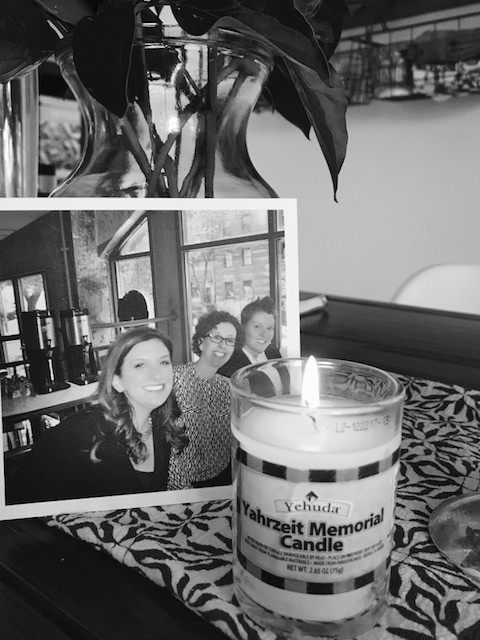
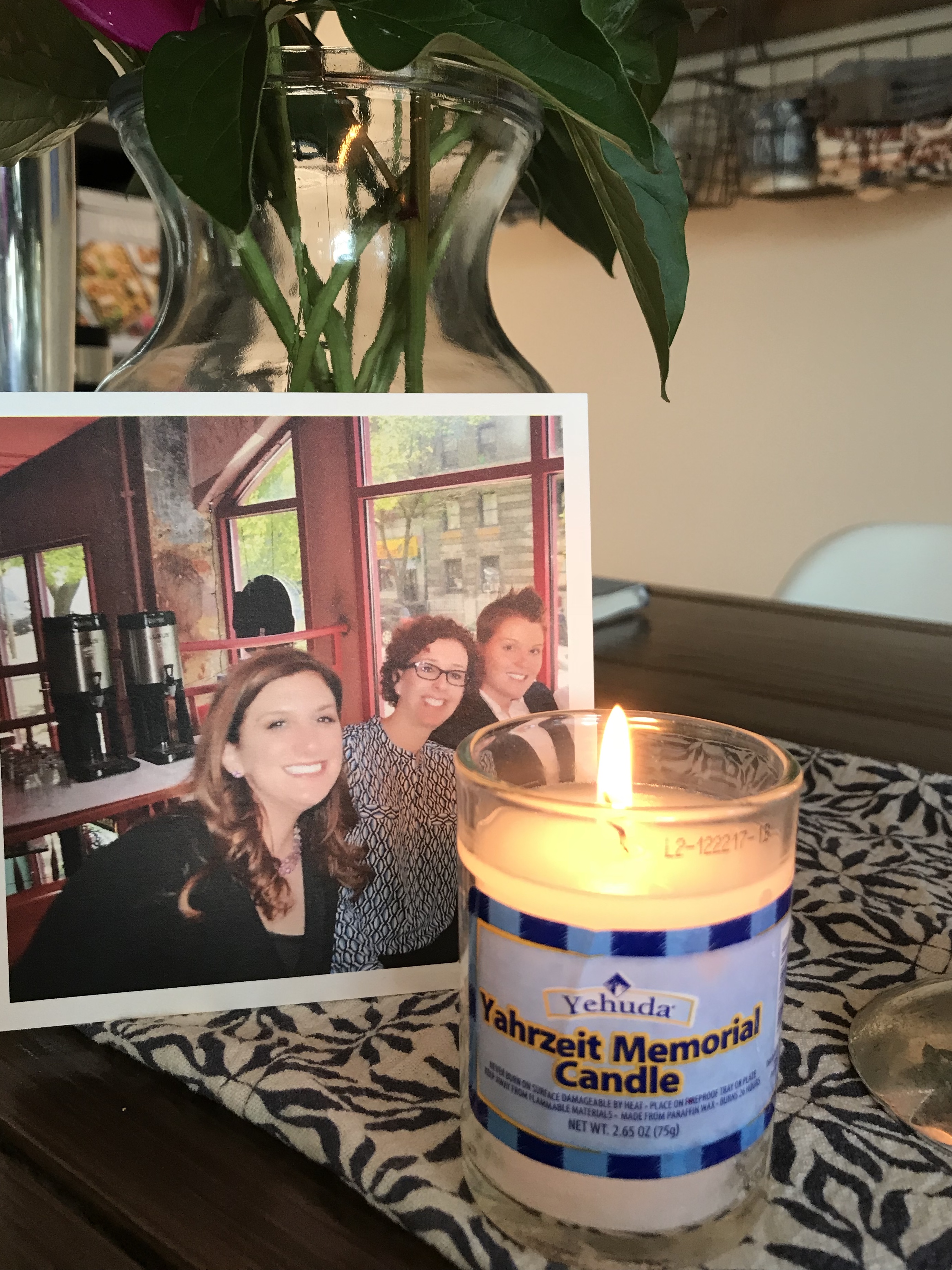

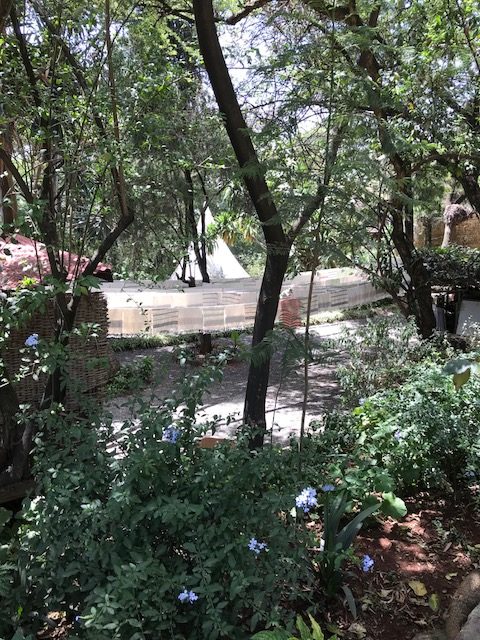
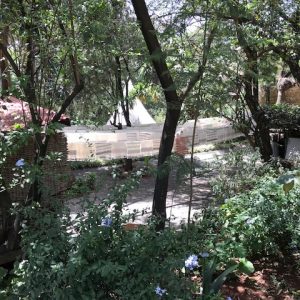
 first shelter for rape and domestic violence victims in Ethiopia. The things she has accomplished are impressive, and we were so privileged to see her work in action on our last day when we were invited to visit the shelter. We met (and danced) with many of the teens and preteens, were treated to a traditional coffee and sweet made by some of the residents and staff and received a tour of the facilities. If I had done nothing else, the trip would have been worth it for that visit alone. Their shelter educates the children who live there, provides skills training for the women before they leave to live independently (we received beautiful scarves made by them), provides a huge range of healthcare, including deliveries, for the residents, and has on-site counseling services, child care services and pretty much anything else you could imagine being offered by a small village of dedicated women. You can read more about Maria and her amazing work
first shelter for rape and domestic violence victims in Ethiopia. The things she has accomplished are impressive, and we were so privileged to see her work in action on our last day when we were invited to visit the shelter. We met (and danced) with many of the teens and preteens, were treated to a traditional coffee and sweet made by some of the residents and staff and received a tour of the facilities. If I had done nothing else, the trip would have been worth it for that visit alone. Their shelter educates the children who live there, provides skills training for the women before they leave to live independently (we received beautiful scarves made by them), provides a huge range of healthcare, including deliveries, for the residents, and has on-site counseling services, child care services and pretty much anything else you could imagine being offered by a small village of dedicated women. You can read more about Maria and her amazing work 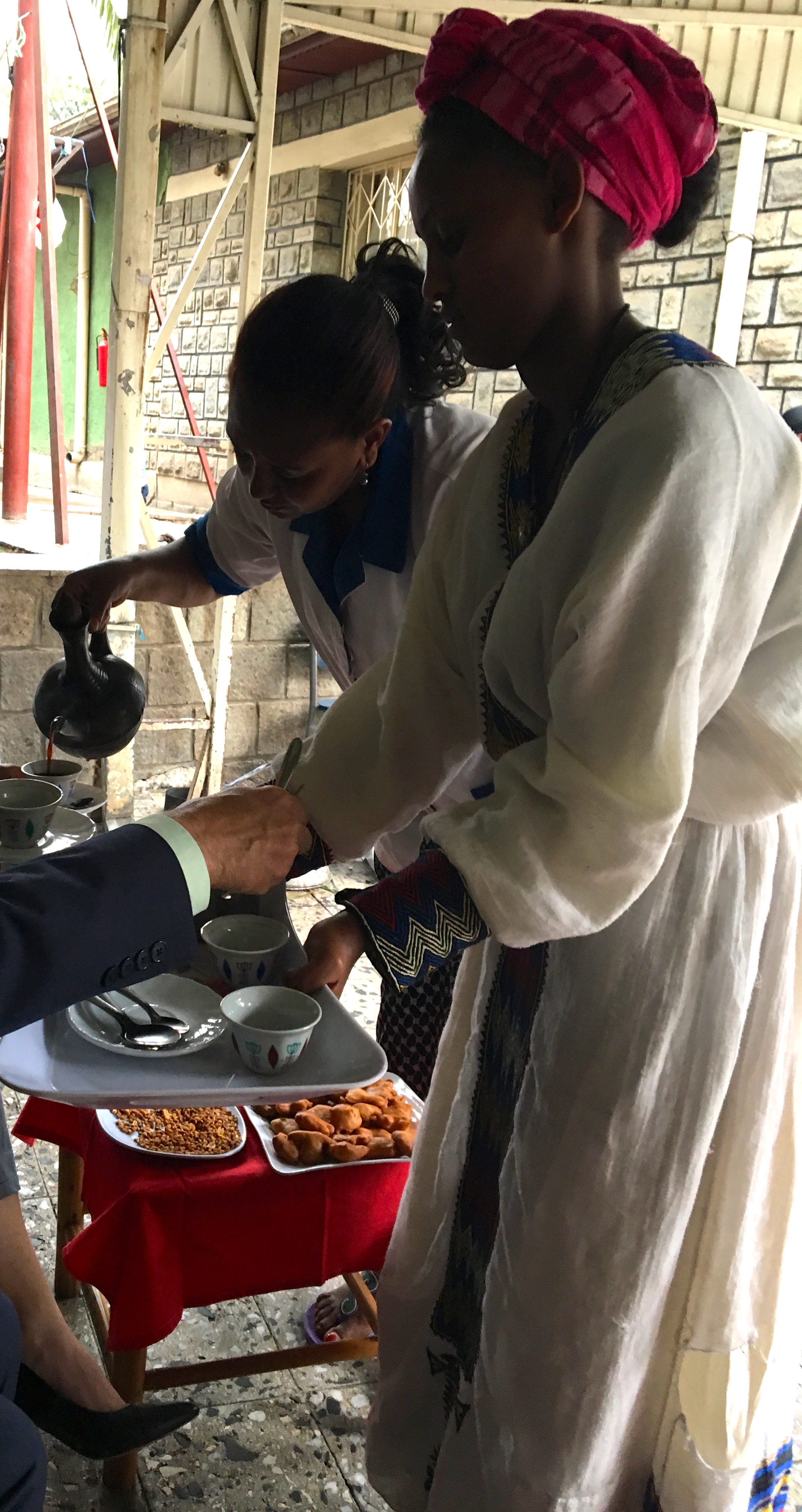 10. My intention is to stay connected to the remarkable people that I met there–to Maria and her great good works; the physicians who are seeing enormous patient loads because there are too few providers for the population; to the various other professionals who have already reached out for protocols or slides or additional resources. The trip wasn’t an easy one, but it was extraordinary, and I have never met, collectively, a more welcoming, generous, hospitable people than those I met in Ethiopia. We came home with some great stories, an obscene amount of
10. My intention is to stay connected to the remarkable people that I met there–to Maria and her great good works; the physicians who are seeing enormous patient loads because there are too few providers for the population; to the various other professionals who have already reached out for protocols or slides or additional resources. The trip wasn’t an easy one, but it was extraordinary, and I have never met, collectively, a more welcoming, generous, hospitable people than those I met in Ethiopia. We came home with some great stories, an obscene amount of 










